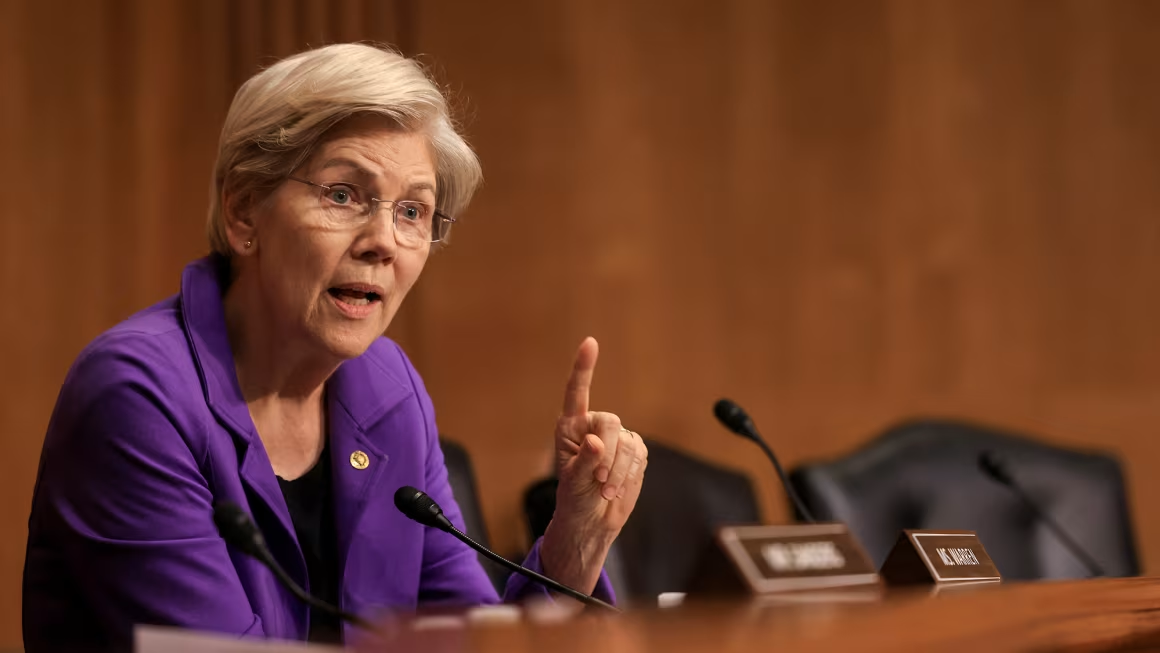Traditionally, 401(k) plans only allowed investments in publicly traded companies. However, there’s a growing debate about whether private company investments, usually reserved for large institutions, should be included in these plans.
The private investment industry and some financial companies like Empower are pushing for this “democratisation” of access, arguing that it opens up more investment opportunities, especially given the decrease in publicly traded companies.
However, critics like Senator Elizabeth Warren and consumer advocates are concerned about the higher costs and lower transparency of private investments. Warren specifically challenged Empower’s decision to offer private equity options in 401(k)s.
Empower’s CEO, Ed Murphy, defended the move, comparing it to the original creation of 401(k)s that democratised access to public markets.

He emphasised that private markets now hold significant assets and offer exposure to innovative companies.
Murphy also stated that Empower would implement strict safeguards for these investments, ensuring they are managed by professionals, subject to high standards, and only available as a portion of a diversified investment trust for participants with managed accounts.
Despite Empower’s assurances, Senator Warren remains unconvinced. She responded that Empower failed to explain how they would protect plan participants and the financial system from the inherent risks of private markets.
She also demanded more details about Empower’s partnerships, fees, and incentive structures related to these private investments, setting a deadline of July 25, 2025, for a more thorough response.
The Securities and Exchange Commission is also planning to investigate the inclusion of alternative investments in retirement plans in fiscal year 2026.


 Trending
Trending 
